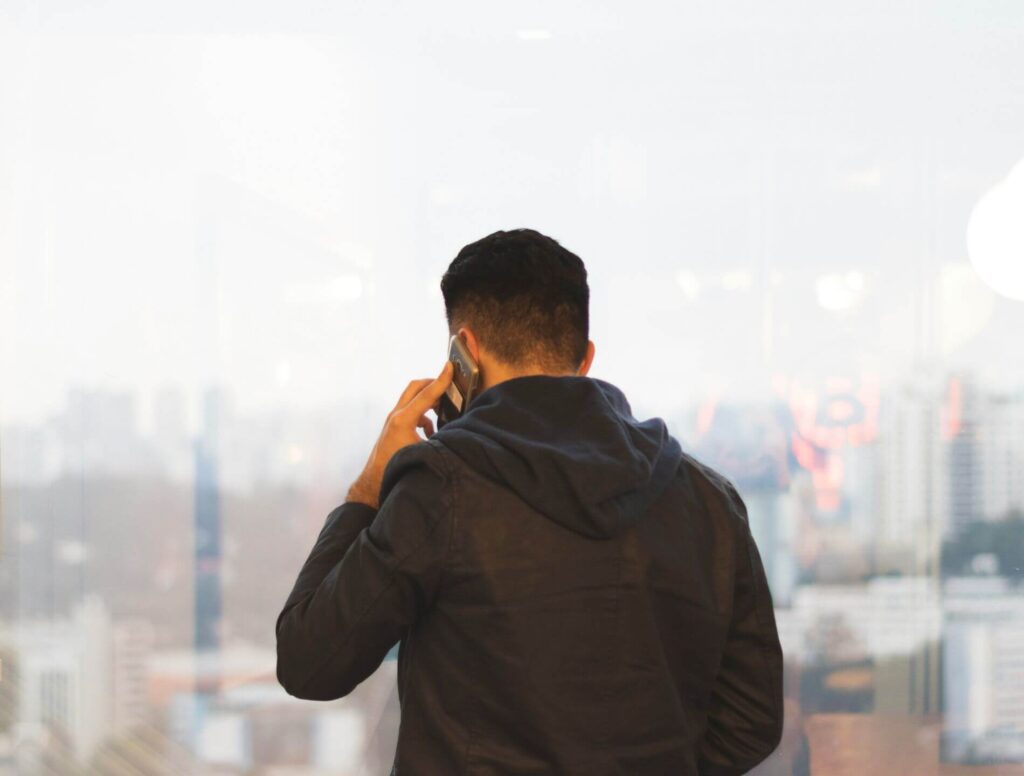What to Do If You Are Hurt in a Bicycle Accident While Traveling
Bicycle accident while traveling? Don’t worry! We list everything you should do to make sure you’re safe and protected.
Bicycle Accident While Traveling
Houston streets tell a mixed story. You get new lanes in some areas and heavy traffic in others. City rules try to make room for you. Drivers must give at least three feet when passing a person on a bike, and large trucks must give more. This safe passing rule has been on the books for years, and police have even shown how they enforce it with distance measuring gear.
Yet crashes still happen, and visitors often do not know where to turn. Did you know state law treats you much like a driver, with similar rights and duties, which affects what happens after a collision.
If you are hurt while traveling, you can take simple steps that protect both your body and your case. In this article, you will find what to do right away, what to save, and who to call.
Also read: Why Smart Travelers Are Choosing Guided Tours Over Going Solo
Get to Safety and Check Yourself
Your first job is staying safe. Look for moving cars, blind corners, and slick spots. If you can stand, move to the side and breathe. If your neck, back, or head hurts, stay still and call for help. Ask someone nearby to warn oncoming traffic.
Keep your helmet on until a medic checks you. If your lights work, switch them on so others can see you. Press a clean cloth on any bleeding. Take a slow scan from head to toe and notice swelling, numbness, or sharp pain. Trust your body. If something feels off, treat it as serious until a professional says otherwise.

Call For Help and Create a Record
Call the local emergency number as soon as you are safe. Ask for police and medical support. A report made at the scene becomes a clear record of what happened, where it happened, and who was involved. That prevents fights over basic facts later.
Share only what you know for sure and avoid guesses about speed or distance. Note the exact location and time. Ask for the report number and how to request the full copy. If you are abroad, use a translation app for key details and get names spelled out. Save everything to your phone so nothing gets lost.
Speak With a Lawyer
Every place treats bicycle crashes a little differently. Reporting rules, safe passing requirements, and even deadlines for injury claims can change from city to city. That is why location matters. Houston has heavy traffic in some corridors and a growing network of bike lanes in others, which can affect how fault is decided and what evidence helps most. If your crash happened during a trip, you might be dealing with unfamiliar streets and local practices.
If you are in Houston, TX, talking with a bicycle accident lawyer in Houston, TX can help you make smart moves in the first week. A local attorney can explain which insurer should pay, how the safe passing rule applies, and what deadlines you face. They can request nearby video, contact witnesses, and handle adjusters while you focus on healing.
Gather Evidence at the Scene
Memories fade fast after a crash. Use your phone to capture what you can. Take wide photos that show lanes, signals, and traffic flow. Take close photos of your bike, the other vehicle, skid marks, potholes, gravel, and broken parts. Photograph your injuries and torn clothing.
Capture street signs and nearby storefronts in case cameras recorded the impact. Get witness names and contact details, and ask them to text you so the info is saved. If a driver is involved, photograph their license, insurance card, and plate. If it is a hit-and-run, write down every small detail you recall and tell the police right away.

Notify Insurers and Manage Travel Changes
Once you are stable, call a trusted person for support. If you have travel insurance or card benefits, notify them and ask about medical or trip help. When any insurer calls, share simple facts and avoid recorded statements until you have seen a doctor and reviewed your notes.
Keep it short and calm. On the travel side, request a later checkout and ask airlines about medical accommodations. Save receipts for taxis, shipping your bike, crutches, or replacement clothing. If a rental car or rideshare is involved, take a screenshot of the trip screen or contract. Those screens can vanish after the ride ends, so save them early.

Final Thoughts
A crash can shake your plans, your confidence, and your sense of control. You still have a path forward. Take small, steady actions that fit your energy. Keep people close who will help you make clear choices. Let your body lead your timeline and honor what it needs. Use simple records to lighten your mental load. Stay open to support from professionals when decisions feel heavy. Give yourself credit for each step you take. You can protect your well-being and your rights while you recover. With care and patience, you will feel steadier and ready for the rides ahead.







